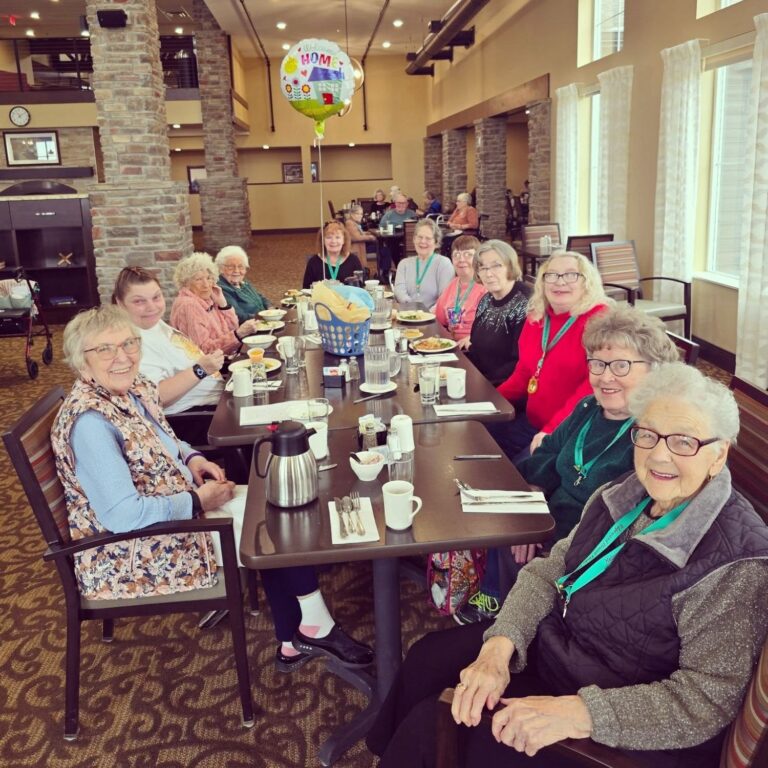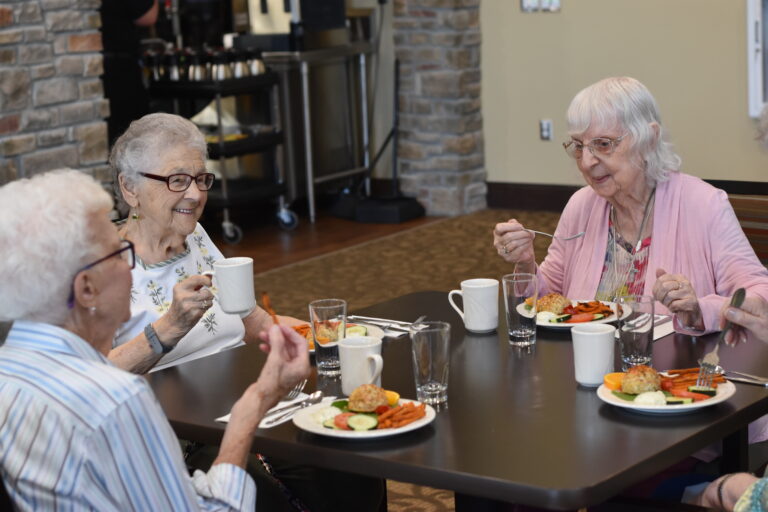
Over time, families may witness seniors become more forgetful with both short- and long-term memories as a result of Alzheimer’s disease. It can be difficult to watch loved ones go through this period, which results in loss of cognitive function. To ensure older adults live happy and healthy lives while dealing with this condition, it’s important to develop certain safety precautions and tips. Here are some examples:
Secure the Kitchen and the Bathroom
When navigating the household, seniors with dementia may wander to common areas and encounter safety hazards. The kitchen, with its many cabinets, stove knobs, and more, could be hazardous, as could the bathroom – which comes with the potential for seniors to trip on slippery surfaces. To reduce the possibility of accidents, the Alzheimer’s Association recommended the following for each room:
Kitchen:
- Install a hidden gas valve or circuit breaker on the stove so family members with dementia cannot turn it on.
- Eliminate temperature-controlling knobs.
- Introduce appliances that have an auto shut-off feature.
- Monitor seniors close to water sources such as sinks.
Bathroom:
- Install a walk-in shower.
- Implement grab bars in the shower, tub, and edge of vanities.
- Utilize textured stickers on slippery surfaces.
- Apply adhesives to keep floor coverings in place.
- Remove all rugs and carpeting completely.
Find Senior Living Near Me
Keep Stairs Safe
A household where seniors have to go up and down the stairs is already precarious but can be even more so for seniors with Alzheimer’s. Families should consider moving loved ones with dementia to the first floor to avoid having to change levels. If steps are unavoidable, it’s essential to make sure they’re safe. The Mayo Clinic suggested marking the edges of steps with bright tape, adding a safety bar to each side of the stairwell, installing lights at either end and add texture to avoid falls. With a few changes, steps can be much less threatening to seniors.

“Medications should be out of reach from loved ones with dementia.”
Secure all Medications
It’s common to keep prescription and over-the-counter drugs in a bathroom or kitchen cabinet, but these places may not be protected enough for seniors with Alzheimer’s. Instead, families should keep all medications locked away so they are out of reach of seniors. Furthermore, each bottle should be clearly labeled with the patient’s name, drug type, strength, dosage frequency of the medication, and expiration date, according to the National Institute on Aging. If multiple family members are in charge of dispensing these drugs, a schedule may be a good idea to ensure duplicate doses aren’t given to seniors.
Consider a Senior Center
Families enjoy keeping their loved ones close and forming memories in their senior days. If older adults with Alzheimer’s experience too many issues at home – and the setting is threatening to their safety – it may be time for adults to consider memory care assisted living community for their parents or grandparents. These communities are well-equipped to provide a safe environment for people with dementia, and family members can always visit. This way, the children and grandchildren of seniors with Alzheimer’s can rest assured that their loved ones are taken care of by professionals with experience in the condition.
It can be extremely difficult to watch a family member experience the changes associated with Alzheimer’s disease. Luckily, you don’t have to go it alone. Senior living communities offer older adults with dementia multiple housing options based on the severity of their condition. These communities provide well-balanced meals, mind-engaging activities, and a strong sense of community. Loved ones with dementia can live happy and healthy lives in these centers, and family members can know that seniors are safe and secure.




